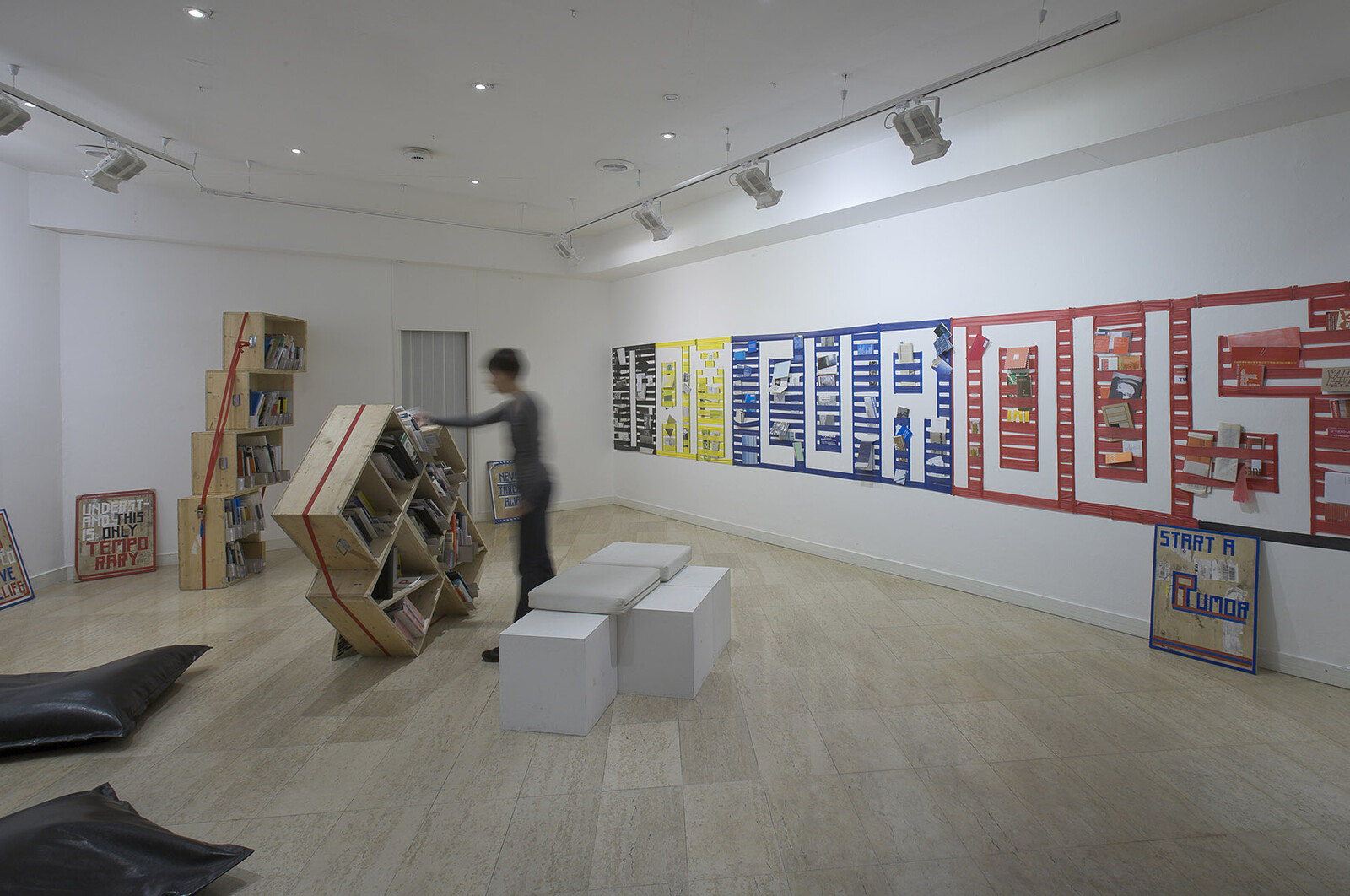Office Hours: Dorothee Richter: Zurich University of the Arts (ZHdK) and University of Reading
What drew you to your school and what is your teaching philosophy?
I got to ZHdK by chance when my former PhD advisor, Sigrid Schade, invited me to participate in “Exhibition Displays” in 2005. The Zurich University of the Arts has undergone numerous changes since, from pursuing a more theoretical and media-based approach to art and education to a more design-oriented, neoliberal approach—universities are always in flux.
The very best thing at ZHdK could be the worst at the same time. For example, I quickly understood that one could write proposals for study programs for further education. The decision to approve the program was based on the number of students who applied to it—so, a very neoliberal approach. But on the other hand, the students were extremely interested in a further education program on curating, and I could therefore establish a more radical idea of teaching and of pedagogy than in any other BA or MA program. Much later, in 2012, I developed the PhD in Practice in Curating with Susanne Clausen, hosted cooperatively by the University of Reading and ZHdK.
Radical pedagogy is very close to my heart: working with the idea of situated knowledges, welcoming difference, and accepting the other person as he/she/they are. To try to understand. To cautiously advise. To learn from other forms of experience. To create an atmosphere in which mutual support is the main idea. To instill in a group the passion to understand and analyze the historical and social situation we are in. To initiate shared projects. To project the idea of Allmende and the commons. To build additional discursive spaces, like OnCurating.org and the connected OnCurating Project Space (both are autonomous associations, working with different institutions).
What changes would you like to see in art education?
Any academy, any university is hierarchical, and there are still many professors who use their power in the internal order of the institution to diminish or belittle students to make them feel just not right. This is an attitude I deeply despise!
On a theoretical level, bell hooks vividly expressed this idea of love connected with an educational attitude. This is implicit in her different writings and very explicit in All About Love: New Visions. It was always something I felt but could not find the words for myself.
Read more of Dorothee Richter’s Office Hours on School Watch.
Office Hours is a questionnaire series that gathers insights on teaching from artists. In response to ten prompts, educators reflect on the discourses and approaches that animate their teaching, share their visions for the future of art education, and offer advice for students navigating the field of contemporary art.
School Watch presents critical perspectives on art and academia. Featured profiles, surveys, and dialogues consider education in fine art, curating, and critical theory, as well as the ideas and conditions that influence practice.
*Images above: [1] Curating Degree Zero Archive, curated by Barnaby Drabble and Dorothee Richter, Galerija Miroslav Kraljevic, Zagreb, October–November 2008. This iteration was a reinterpretation of the project by Ana Janevski and Ivana Mestrov. [2] Curating Degree Zero Archive, curated by Barnaby Drabble and Dorothee Richter, Edinburgh College of Art, October–November 2005. This iteration featured a flexible display system designed and built by Duncan Bremner. [3] Curating Degree Zero Archive, curated by Barnaby Drabble and Dorothee Richter, Künstlerhaus Bremen, September 2003. This iteration included a discussion with Stella Rollig, Frederikke Hansen, Helmut Draxler, Barnaby Drabble and Dorothee Richter and a brunch event. [4] Curating Degree Zero Archive, curated by Barnaby Drabble and Dorothee Richter, Sparwasser HQ, Berlin, September–October 2005. Display and reinterpretation: Lise Nellemann. This iteration featured ten evening events with guests presenting their favorite curated projects from the archive.





